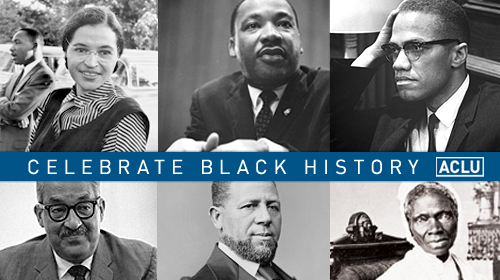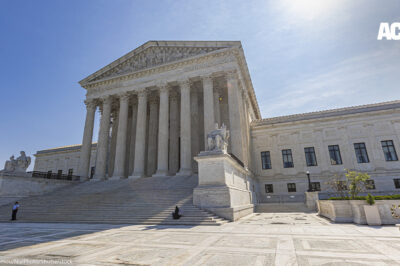
I spent this past New Year's Eve lying on the floor of a New England police station. Just hours before, I was enjoying sushi with my best friend Jamal; excitedly discussing his possible political appointment and promising career.
On our way home, we were pulled over for driving 37 mph in a 25 mph zone. Jamal was directed to perform a sobriety test although he was clearly not drunk and had explained that a back injury and current spasms would affect his performance. I got out of the car to speak with Jamal, but an officer whipped out his Taser and screamed at me to get back inside. While I tried to explain to him that I wanted to speak to Jamal as his attorney, Jamal declined a breathalyzer test because he didn't believe there was cause for an arrest. Apparently, declining the breathalyzer results in a mandatory arrest, incarceration, and a one year driver's license suspension, but cops aren't required to notify drivers of these consequences. Jamal was handcuffed and thrown into the back of the police car.

Inimai Chettiar is an Advocacy & Policy counsel at the American Civil Liberties Union, where she serves as a national legislative counsel working to end mass incarceration in states across the country. She has published extensive scholarship on using economic analysis to advance progressive legal reform. She received a B.A. from Georgetown University and a J.D. from the University of Chicago School of Law.
Happy New Year: My best friend was now a statistic, part of the 1 in 3 Black men who have been behind bars in this country. During the 12 hours I waited at the jail for Jamal's arraignment, I thought about how he felt locked in a cell the size of my Manhattan bathroom and about the 2.3 million people in similar cells across the country at that very moment.
At the arraignment, I was not surprised that every driver pulled over the night before was black or brown. A recent Department of Justice study found "an alarming racial disparity" in police treatment of motorists of color. Black Americans are twice as likely to be arrested during a traffic stop and nearly four times as likely to experience the threat or use of force. Cops regularly pull over black men for minor traffic infractions and then arrest them, while they let white drivers drive on. What made Jamal more likely to be pulled over and arrested than other Americans was his misfortune at being a Black man driving at night in a rich white suburb.
This system of racial profiling and using prison as a one-size-fits-all solution is one of the reasons Black communities are and will remain economically worse off than the rest of the America. More Black men are imprisoned by this country than were ever enslaved. It's bad enough that the Great Recession has affected Black men more than every other demographic, but our ever expanding prison complex is further decimating the already bleak economic future of Black America.
Jamal will suffer the repercussions of this arrest for his entire life. Without a license, he had to quit his job. After employment applications asked for arrest records, his political appointment is now in danger, a job offer from state government was suspended, and several companies cancelled interviews.
This is the legacy we leave behind for our children. Mass incarceration has systemically created an underclass of Black (and increasingly brown) citizens with fewer rights and more bitter futures than the rest of America; it really is the new Jim Crow.
Recognizing this horrific reality, the ACLU has made ending mass incarceration a top organizational priority. Black History Month is a celebration of the proud legacy of Black Americans. But it should also be a reminder to continue to fight against such injustices. Each day, as I work to eradicate this stain placed by our government onto Black history, I will be working not only for the millions of Americans incarcerated and the millions more who will be, but also for Jamal.
Some details have been altered to protect privacy.
UPDATE: This post has been updated to reflect that the author was attempting to speak to the police officer as Jamal's attorney.
This blog post is one of several personal testimonials written by ACLU staff members to commemorate Black History Month.
Do you know who’s pictured in our Celebrate Black History logo? Top row, from left to right: Rosa Parks, Martin Luther King, Jr. and Malcolm X. Bottom row, from left to right: Thurgood Marshall, Hiram Rhodes Revels and Sojourner Truth.
Learn more about racial justice: Sign up for breaking news alerts, follow us on Twitter, and like us on Facebook.



